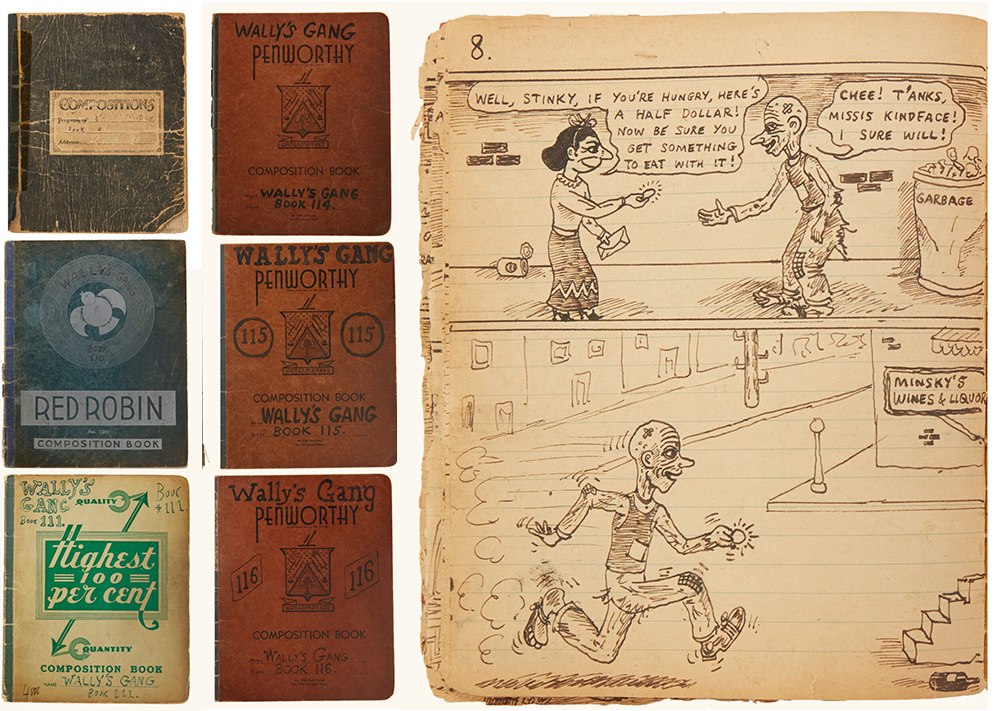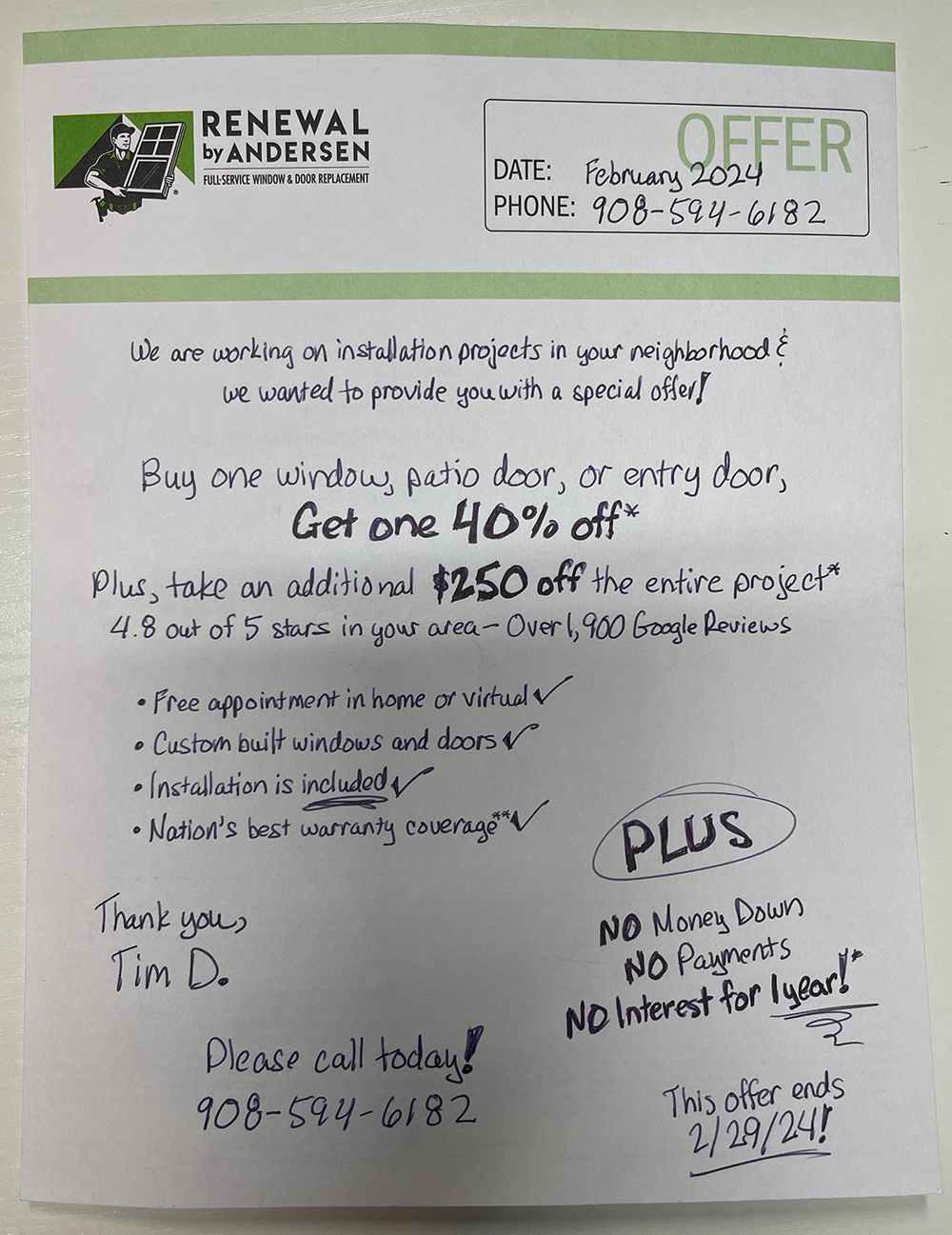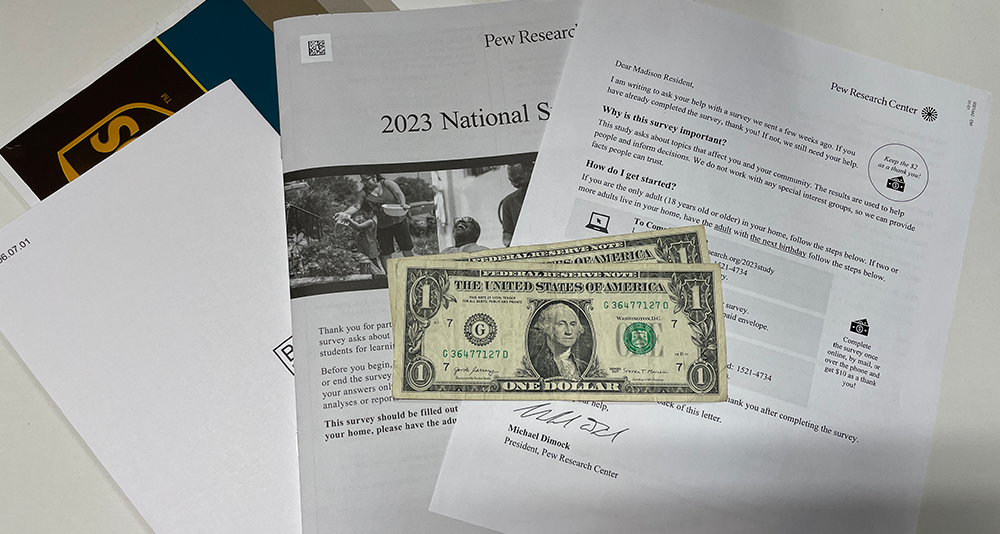Wow, the response to my post last week was incredible! There were more than 100 comments, with dozens of you sharing what you create and why, and even engaging with each other. This is why I do the work I do — to celebrate why we write and how the written word connects us as human beings.
I often end my posts with this, but I want to start with it today: thank you for being here with me.
I don’t take it for granted, and as I’ve gotten older, I have really appreciated how meaningful it is to give someone your attention, share space together, and simply recognize each other’s voices.
Recently I was a guest on two podcasts:
- On the #AmWriting podcast, I talked about “How to Create a Substack that Delivers (for you and your readers)” with KJ Dell’Antonia and Jennie Nash. It was a great conversation because KJ asked the hard questions about Substack, which ensured that we dove deep. I have mentioned Jennie Nash many times in this newsletter — she’s one of the smartest people I’ve ever met. As expected, she brought so much to frame this conversation around the goals that writers have.
- On the Edit Your Life podcast, I discussed “Finding Connection and Community through Creativity” with Christine Koh. I met Christine years ago and had her as a guest on my podcast. She was so generous in this episode, and talked about how much I have influenced her way of thinking. This was such a heart-filled conversation.
While I have helped many writers successfully launch their paid tiers here on Substack, I only opened up my own a few months ago. I’ve been pretty low key about promoting it, but have LOVED sharing weekly videos for my paid subscribers. I try to truly show up and provide big mindset shifts and manageable strategies in each edition. Here is what I have been sharing over the past several weeks:
- Creativity, productivity, and momentum: The simple tool I use to turn big goals into manageable steps.
- Lessons from a snow day: Finding clarity and calm in sharing your work.
- Find joy in writing and sharing: Strategies for getting unstuck and focusing on craft.
- No one knows what works: How to find momentum and meaning in how you create and share.
In these videos, I welcome you into my studio. It means a lot that some of you join me here! If you want to try out becoming a paid subscriber, you can do by clicking one of the links above.
Recently, I have seen a lot of discussion online bemoaning that writers nowadays have to focus so much on “self-promotion.” One well-researched article started the conversation, and then I saw many reactions from different corners of the writing community, with each person making interesting points from their perspective.
This topic comes up again and again, almost like clockwork. It will come up again in the future as well, under different guises and contexts. One simple way to frame it is this: “I’m a writer, can’t I just write?”
The answer, in short: of course. You can just write, and be satisfied that you are engaging in this amazing and essential human endeavor — to express something meaningful to you, and to develop that craft of expression.
Having grown up as an artist, I have boxes of art and writing sitting up in my dusty 100+ year old attic. For some of these projects, I dreamed of others engaging with them and failed to do the work to make that happen. For others, their only purpose was the act of creation itself.
Earlier this week I read about this new book that showcases the work of Frank Johnson. Who was he? A shipping clerk who died in 1979. The book description tells the story well:
“When Frank Johnson, an itinerant musician and shipping clerk, died in 1979, he left behind a startling discovery: more than 2,300 notebook pages of comics and 131 unbound drawings, among them a massive, continuous story line beginning in the earliest surviving notebook dated 1928 ― before the existence of comic books! ― and following the exploits of his own cast of characters across 50 years until Johnson passed away. During this lifelong project, Johnson invented in private many of the conventions and tropes that define comics storytelling, effectively enacting an alternative secret history of the comics medium.”
Below to the left are the composition books he used to create the comics, numbering each in the series; to the right is a sample of one page in the comic:

His family didn’t know about this work, and he never tried to share or publish any of it. From what anyone can tell, he created just to create. Running a single storyline for decades!
You do not need to publish. You do not need to share your work. You do not need to “self-promote,” or worry about marketing or establishing a platform. There is beauty in the act of creating. Period.
I’ve known Jennifer Louden for years, and read in a recent post from her that she was doing another big house cleaning, ridding her life of items that are just taking up space. What did she include in the “recycle” pile? Decades of diaries and journals:

She was gracious enough to pull these out of recycling to take a photo for me. Why would she dispose of her writing, when so much of her life and career revolves around writing? After trashing the easy objects to get rid of, she explains what happened next:
“Here I [was] perched in my cold basement, scanning through the boxes of remaining journals. It took about ten minutes to be exhausted by reading my berating efforts to change and be someone other than I was…”
“But then something else took shape on those pages… how often I wrote something along the lines of, ‘This time will be different, I will make writing fiction a priority.’”
“I sat there, grimy from cleaning, stunned. I had forgotten how badly and over how many years I had tried to write novels. How much work I had done. And how many times I had faltered. Quit. The last time I tried writing fiction? 12 years ago.”
“I could have dug a deep cesspool of regret and drowned myself there after reading those decades of trying and not succeeding, of stopping and starting. But instead, I sat up straighter and thought, ‘Damn girl you spent a lot of time thinking about writing, learning about writing, working it, you have been devoted. And you are primed to do this now!’”
“Also, I did write 9 other books during that time. I did support my family. I did help a lot of women. And I won’t discount that.”
“I dragged those dented old banker boxes, sans a few journals about my kid’s early years, out to the recycling bin, and went back in the warm kitchen without a backward glance. My work now is to relax, write the rest of this first draft…”
All those years of writing, Jen concluded, served the purpose of preparing her for this very moment. Disposing of her journals seems to be part of a takeoff sequence, shedding the fuel she needed to launch the next phase of her work.
This week I began working with two new writers (new to me, each have been writing for years), and each described their goals and challenges. I love how one of them framed investing in themselves this year through our work:
“I feel this intense need to make a pivot. I do not want to wake up next year and still be saying the same thing: I wish I had a writing career. I feel like it’s my turn and time to throw everything at my writing to see what can really come of it. I don’t want to even go down that journey without at least being able to say that I really worked hard to make a writing career happen.”
I love the energy here, and the reminder that this work is intentional. How you share is a craft. I have developed a curriculum that I use for helping people learn to share their work. I have never shared this publicly before — but it contains more than 100 items, all in an ordered progression. I know, that sounds overwhelming, which is probably why I don’t talk much about it! But I created it to double down on my belief that when we share what we create, meaningful connections happen. And we just have to take one small step at a time.
This is different from how many people consider sharing. They view it exclusively as “I’m putting on my marketing hat,” or “I suppose it’s required that I do self-promotion.” I am reminded of this with some junk mail I received recently:

This is just some mass printed promotion, but they try to make it look hand written. Why? They know that authenticity sells — to make this seem like someone worked hard to offer this by writing it out by hand, so you should reciprocate by replying.
Another piece of mail arrived recently:

Why include two dollar bills? Shock value, I mean, how often do you unexpectedly receive cash in the mail? But also — again — to encourage reciprocation. If they gave me this money, don’t I owe it to them to respond?
As a student of communication and marketing, I love seeing these tactics at work. But… as a writer or creator, you don’t have to employ them.
When you create, you do so because you feel called to from something deep inside of you. If you choose to share, this is not “self-promotion,” but you sharing that work knowing that it may resonate deeply with someone. And in that moment, you can change their life. You can give them a brief respite in an otherwise difficult time. You can help them see the world differently, or even themselves differently.
How we share is a craft. It’s why I show up every day to work with writers. It’s why being present here matters so much to me:
To truly see each other. To listen. To celebrate what we create. To share what matters deeply.
I would love to know, how do you see the pros and cons of sharing your writing or creative work? Is it a positive feeling, or do you worry that you will be seen as “self-promoting?” Let me know in the comments.
Thank you for being here with me.
-Dan
